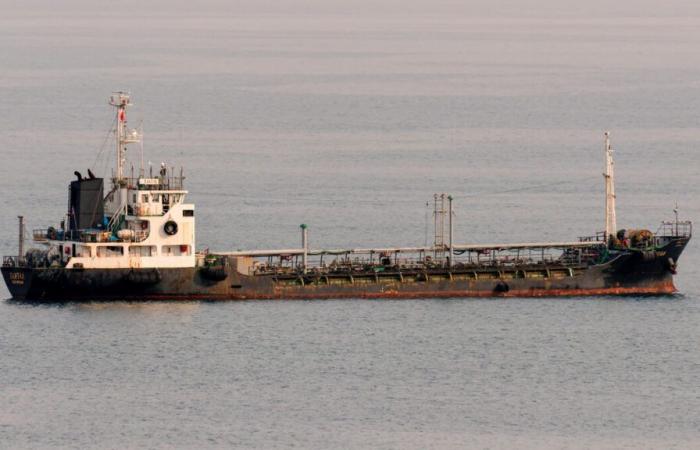He announced “the biggest package of sanctions against the Russian ghost fleet” British Foreign Minister David Lamm highlighted this Monday “the United Kingdom’s commitment to Ukraine” during a meeting with his G7 counterparts near Rome. Indeed, the British government has announced sanctions against 30 additional ships from this “ghost fleet” which allows Russia to export its oil and gas by circumventing Western restrictions imposed since the invasion of Ukraine. These British sanctions now target 73 ships in total.
Since the 2022 European embargo on Russian oil and the sanctions capping the sale prices of Russian hydrocarbons in early 2023, the G7 countries and their allies have been concerned about the proliferation of the number of clandestine vessels used by Moscow to sell its oil. in complete opacity.
This is the fifth time the UK has taken sanctions against ships. With these, ships can neither enter British ports nor benefit from maritime services provided by companies in the country, particularly in terms of insurance.
In general, these boats are old tankers directly chartered by Russia. According to the Frankfurter Allgemeine Zeitung, this “shadow fleet” today numbers up to 2,000 ships, including at least five large tankers which each contain around 700,000 barrels of crude oil, or more than 100 million liters. Today, 80% of Russian crude oil exports pass through this “ghost fleet”, via the Baltic Sea, off the Swedish island of Gotland.
In addition to violating sanctions, these activities also raise fears about the risk of environmental disasters. According to estimates by the Ukrainian think tank KSE, over the past two years, the volume of Russian oil transported by ghost tankers has increased steadily, reaching 4.1 million barrels per day in June 2024. In mid-November, MEPs have called for stricter maritime controls and tougher sanctions to address the significant environmental and security threats these vessels pose.
According to estimates reported by Le Monde, revenues from hydrocarbons cover between 30% and 50% of Moscow’s budget. An existential windfall for the country, especially with the war in Ukraine. However, according to Bloomberg, in October 2024, Russia’s oil revenues fell by 29% compared to the previous year, painfully reaching $10.7 billion.






